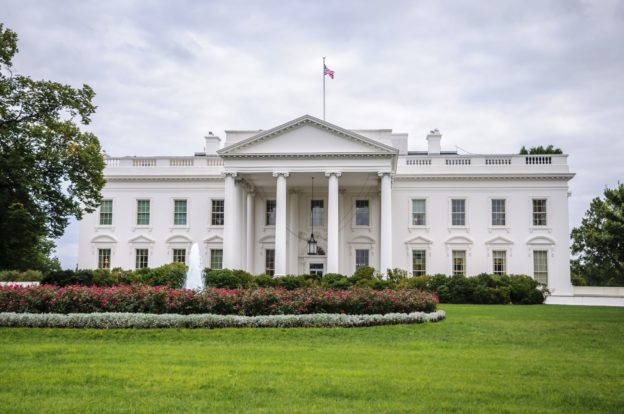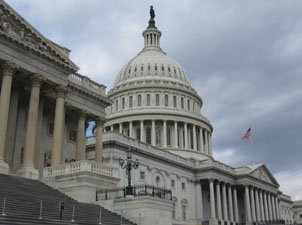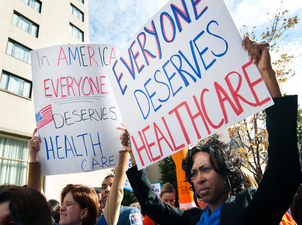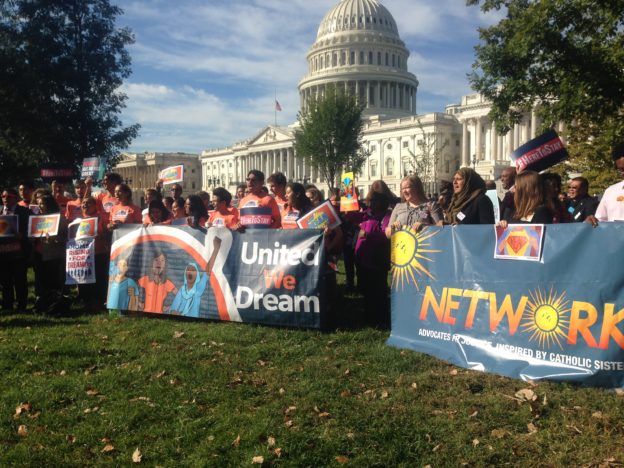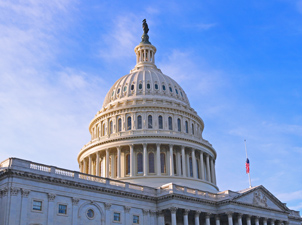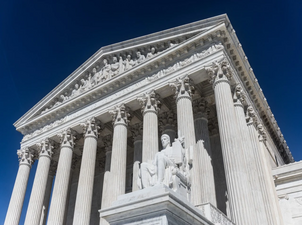
Pursuing Racial and Economic Justice in Housing
Jarrett Smith
April 28, 2021
Last week, President Biden released details of his much-anticipated American Jobs Plan. It is a bold proposal, and includes reforms in key areas. To honor the human dignity of every person, NETWORK affirms that housing should be a right in this country; therefore, we are pleased President Biden has prioritized affordable housing in this package. In total, the American Jobs Plan provides $213 billion to build, preserve, and retrofit 2 million homes.
More specifically, the President’s plan proposes the following capital investments:
- $40 billion to create new public housing
- $27 billion to establish a Clean Energy and Sustainability Accelerator to mobilize private investments in distributed energy and retrofits
- $20 billion for Neighborhood Homes Investment Act tax credits to help more than 500,000 low- and middle-income homebuyers build and rehabilitate homes
- Develop 1 million affordable, resilient, accessible, energy-efficient, and electrified housing units through tax credits, formula funding, grants, and project-based rental assistance
- Create grants to eliminate state and local exclusionary zoning laws
- Guarantee energy efficiency improvements through block grants, Weatherization Assistance Program, and tax credits
At NETWORK, we see housing as an opportunity to dismantle systemic racism, a cornerstone of the Build Anew Agenda, as it applies to housing policies that have been a part of this country its inception. It is critical that specific policies to address and eradicate racism are part of this housing infrastructure proposal. Components NETWORK would like to see in the proposal include:
Bridging the gap between individual’s incomes and housing costs by expanding rental assistance to every eligible household.
- Currently, only 1 in 4 households eligible for rental assistance receives it. The vast majority of families – over 17 million — who need rental assistance do not receive it, causing many people to be cost-burdened or experience housing insecurity (Center on Budget and Policy Priorities).
Expanding and preserving the supply of rental homes that are affordable and accessible to people with the lowest incomes, as well as providing at least $70 billion to start increasing the supply and renovating existing rental housing.
- There is no state or congressional district in the U.S. with enough affordable homes for families with the lowest incomes. Additional housing is badly needed, and at affordable prices, for all families and individuals to secure stable housing in the U.S. (National Low Income Housing Coalition).
Providing emergency rental assistance to households in crisis by creating a national housing stabilization fund.
- Millions of households are one unexpected financial interruption away from economic hardship that could quickly result in homelessness. Large and small municipalities should be able to directly access these funds for distribution and a request for financial assistance should be simple, involving minimal paperwork. Funds should be distributed by giving name, address, landlord and the amount owed. This process should be a very liberal annual cap that resets at the start of each calendar year.
Strengthening and enforcing renter protections.
- The power inequities between renters and landlords puts renters at risk of housing instability and homelessness. CDC eviction protections should remain in place for 36 months to protect families and individuals from eviction.
NETWORK is committed to making sure that there are no people living in the United States without a home. We believe that even the lowest earning household or individual should have a place to call home. Housing is a right for all individuals and families and we can no longer allow homelessness to be an acceptable condition for anyone in the United States. As Pope Francis said during his 2015 visit to the United States, “Let me be clear. There is no social or moral justification, no justification whatsoever, for the lack of housing.”
Moreover, the Build Anew cornerstone of rooting our economy in solidarity should be fundamental for future federal housing policy. Housing is the basis for stable economic security and prosperity. President Biden’s American Jobs Plan is an excellent start, and we will advocate for that proposal, and further steps, once it becomes our nation’s new infrastructure reality for housing.







